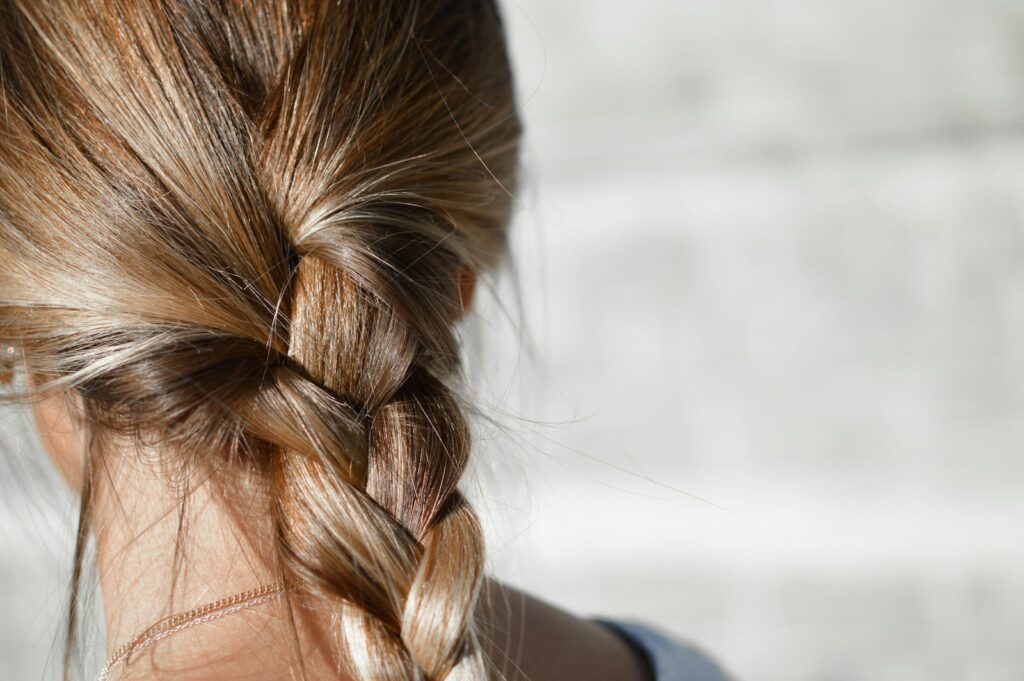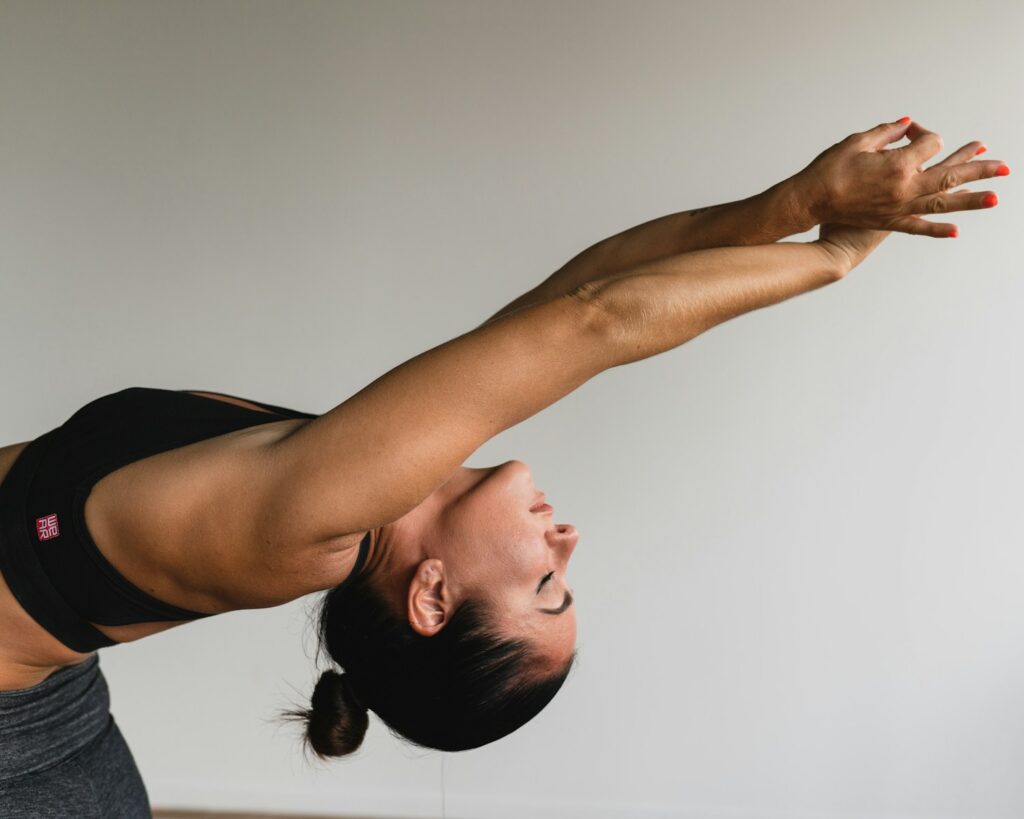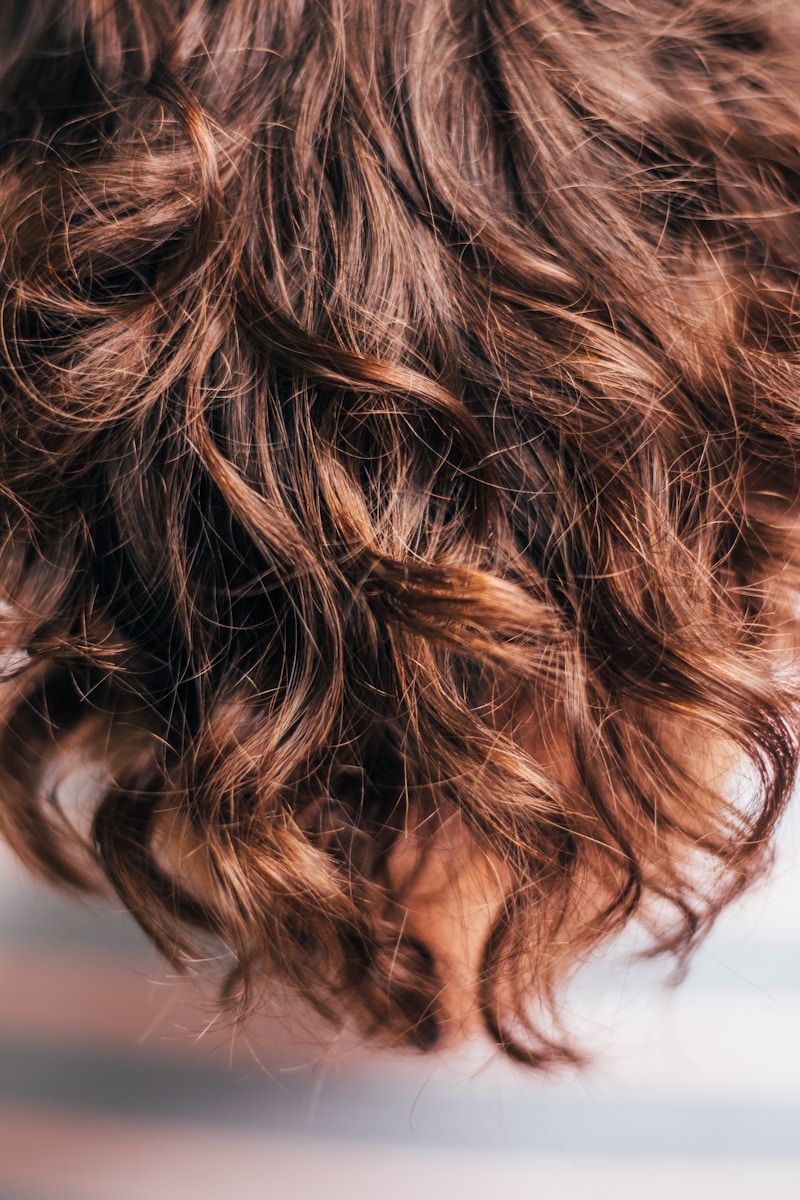Say Goodbye to Dry Scalp : 10 Effective Home Remedies
This Post Contains Affiliate Links. Please Read Our Disclosure for More Information.
Dealing with dry scalp can be such a pain—literally and figuratively. It’s uncomfortable, itchy, and those pesky flakes on your shoulders can feel downright embarrassing. Dry scalp can be caused by everything from cold weather to product buildup, and when it strikes, it’s natural to want immediate relief. Luckily, there are simple, gentle, and effective home remedies that can bring relief and help restore balance to your scalp. Let’s dive into some of the best remedies you can try right at home.

Coconut Oil: Deep, Lasting Hydration
Coconut oil is one of those go-to remedies that never seems to fail. It’s not only deeply moisturizing, but it also has natural properties that help fend off scalp issues.
- How to Use: Warm up a little coconut oil and massage it into your scalp. Let it sit for at least 30 minutes (or overnight if you can!) before washing it out.
- Extra Tip: For the best results, look for organic extra virgin coconut oil.
- Check out this coconut oil on Amazon
Aloe Vera Gel: Natural Soothing Power
Aloe vera gel is a lifesaver when it comes to calming irritation. Its natural cooling effect can help reduce that itchy, irritated feeling almost instantly.
- How to Use: Massage pure aloe vera gel onto your scalp and let it sit for 20 minutes before rinsing with warm water.
- Pro Tip: Use fresh aloe vera if you can, or grab a product without any extra chemicals for a more natural experience.
- Browse Aloe Vera Gel options on Amazon
Tea Tree Oil: Small But Mighty
Just a few drops of tea tree oil can work wonders. This little powerhouse has antibacterial and antifungal properties, which can help tackle any scalp issues that might be causing dryness.
- How to Use: Add a few drops to a carrier oil (like jojoba or olive oil) and massage into your scalp. Leave it on for 10-15 minutes, then rinse.
- Note: Tea tree oil is very potent, so always remember to dilute it!
- Find Tea Tree Oil on Amazon
Apple Cider Vinegar: Balance & Refresh
Apple cider vinegar is a gentle, natural way to restore the scalp’s balance. Its acidity helps bring the pH of your scalp back to normal, reducing dryness and flakes in the process.
- How to Use: Mix one part apple cider vinegar with two parts water, and apply it to your scalp. After about 10 minutes, rinse it out with water.
- Tip: Go for raw, unfiltered ACV with the “mother” for maximum benefits.
- Buy Organic Apple Cider Vinegar on Amazon
Olive Oil: A Classic Moisturizer
Olive oil is packed with antioxidants and vitamins that give your scalp a nourishing boost. It can hydrate your scalp deeply, which is perfect for anyone dealing with dryness.
- How to Use: Warm up some olive oil and gently massage it in. Wrap your head in a towel and let the oil work its magic for 30 minutes before shampooing.
- Bonus: It also makes your hair softer and shinier!
- Shop Olive Oil on Amazon
Honey: Sweet Hydration
Honey might sound sticky, but it’s actually a fantastic humectant, which means it draws in moisture and keeps it locked in place. Plus, it has mild antibacterial properties that can keep your scalp healthy.
- How to Use: Mix one part honey with two parts water or olive oil, then apply to your scalp. After 20-30 minutes, rinse it out.
- Tip: Try to find organic raw honey to avoid unnecessary additives.
Avocado Mask: Vitamin-Rich Nourishment
Avocado isn’t just a tasty snack; it’s packed with healthy fats, vitamins, and minerals that your scalp will love. It’s a great option for hydrating and soothing.
- How to Use: Mash up a ripe avocado with a tablespoon of olive oil, apply the mixture to your scalp, and leave it on for 30 minutes before rinsing.
- Extra Benefit: This mask also nourishes your hair, making it softer and shinier!
Yogurt: Probiotic Powerhouse
Plain yogurt does wonders for dry scalp. With probiotics and natural lactic acid, it gently exfoliates dead skin and helps keep your scalp’s natural balance.
- How to Use: Apply unsweetened yogurt to your scalp, leave it for 20 minutes, and then rinse with warm water.
- Tip: Mix in a little honey for extra moisture.
Oatmeal Soak: Gentle and Soothing
Oatmeal has anti-inflammatory and moisturizing qualities that can calm irritation and help keep moisture locked in.
- How to Use: Blend oats into a fine powder, mix with water to create a paste, and apply to your scalp. Leave it on for about 20 minutes, then rinse.
- Fun Tip: Adding oatmeal to your bath is also a great way to soothe your skin.
Jojoba Oil: Mimics Natural Oils
Jojoba oil is similar to the scalp’s own oils, so it’s easily absorbed without clogging pores. It’s lightweight and won’t leave your hair greasy, making it a great choice for regular use.
- How to Use: Massage a few drops into your scalp and leave it on overnight. Rinse in the morning.
- Bonus: It’s gentle enough to use regularly, so you can keep your scalp feeling balanced and moisturized.
- Find Jojoba Oil on Amazon
Finding the Best Remedies for Your Dry Scalp
Everyone’s scalp is different, so feel free to experiment with these natural remedies to find the one that suits you best. If you love a leave-in treatment, coconut and jojoba oils are perfect. For something quick and refreshing, go for apple cider vinegar or tea tree oil. Try mixing and matching, and see what works best for you over time.
Most importantly, stick with it! A little patience and consistency with these natural treatments can go a long way. Soon, you’ll be on your way to a healthier, happier scalp without those annoying flakes or itchiness. With the right TLC, you’ll be saying goodbye to dry scalp for good.










